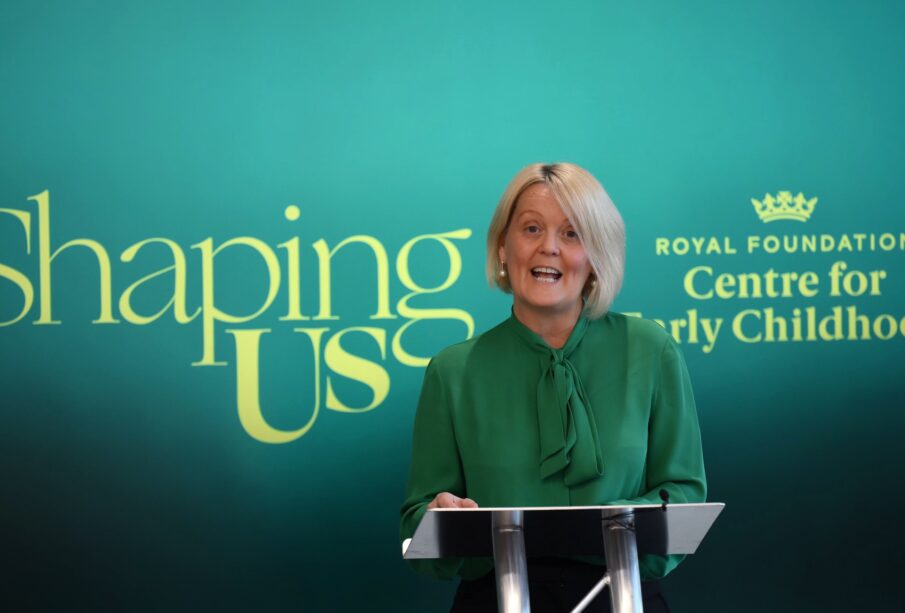Natwest CEO resigns over ‘serious error’ in Farage row | Banks

Alison Rose says discussing Nigel Farage’s relationship with bank with a journalist was a ‘serious error of judgment’.
NatWest CEO Alison Rose has stepped down with immediate effect after she admitted to a “serious error of judgment” in discussing former Brexit party leader Nigel Farage’s relationship with the bank with a BBC journalist.
Paul Thwaite, the head of the bank’s commercial and institutional business, will helm NatWest for an initial period of 12 months, the company said in a statement on Wednesday.
NatWest has faced intense political and media scrutiny over a decision by its private bank Coutts to close Farage’s accounts. An internal review obtained by the politician-turned-TV show host showed Coutts’ wealth reputational risk committee had said his values did not align with the bank’s own.
Rose, who had a 30-year career at the state-backed lender and was made a Dame for services to the financial sector, had faced days of speculation over whether she had discussed the account after the BBC ran a story on the topic.
On Tuesday, she acknowledged in a statement she had discussed Farage’s “relationship with the bank” with BBC Business Editor Simon Jack.
At the time, NatWest Chairman Howard Davies said Rose retained the “full confidence” of the bank’s board and there would be an independent review into the matter. But following an emergency board meeting late on Tuesday, the bank, which is roughly 40 percent owned by UK taxpayers, said she would step down.
“It is a sad moment. She has dedicated all her working life so far to NatWest and will leave many colleagues who respect and admire her,” Davies said in a statement.
On Tuesday, Farage said on his eponymous TV show that Rose was “unfit” to run a bank. He also lambasted Davies and Coutts CEO Peter Flavel.
“The government ought to say we have no confidence in this management. Frankly, I think they should all go,” Farage said, accusing Rose of breaching an “essential confidence”.
The UK Treasury did not immediately respond to a request for comment in the wake of Rose’s resignation but earlier told the Reuters news agency that the government’s shareholding is managed “at arm’s length” and on a commercial basis by the UK Government Investments (UKGI). UKGI’s role is to manage the shareholding, not the bank itself, it said.
The BBC on Monday apologised to Farage, after originally reporting that he had fallen below the financial threshold required to be a customer at Coutts in a story that Jack later described as “incomplete and inaccurate”.
In her Tuesday statement, Rose said she had not revealed any personal financial information about Farage in her discussions with Jack and had answered a general question about eligibility criteria required to bank with Coutts and NatWest.
She realised that her comments had left Jack with the impression that the decision to close Farage’s accounts was solely a commercial one, Rose said in the statement.
Rose also said she was not part of the decision-making process to “exit” Farage’s accounts and said this was a decision made by Coutts.
Britain’s Financial Conduct Authority (FCA) has urged NatWest’s board to review the matter.
“It is vital that the review is well resourced and those conducting it have access to all the necessary information and people in order to investigate what happened swiftly and fully,” said Sheldon Mills, the FCA’s executive director of consumers and competition.
Britain’s financial services minister Andrew Griffith is set to meet lenders later on Wednesday to discuss concerns that banks have closed customer accounts over their political views. This comes ahead of reforms requiring banks to explain and delay these decisions.














